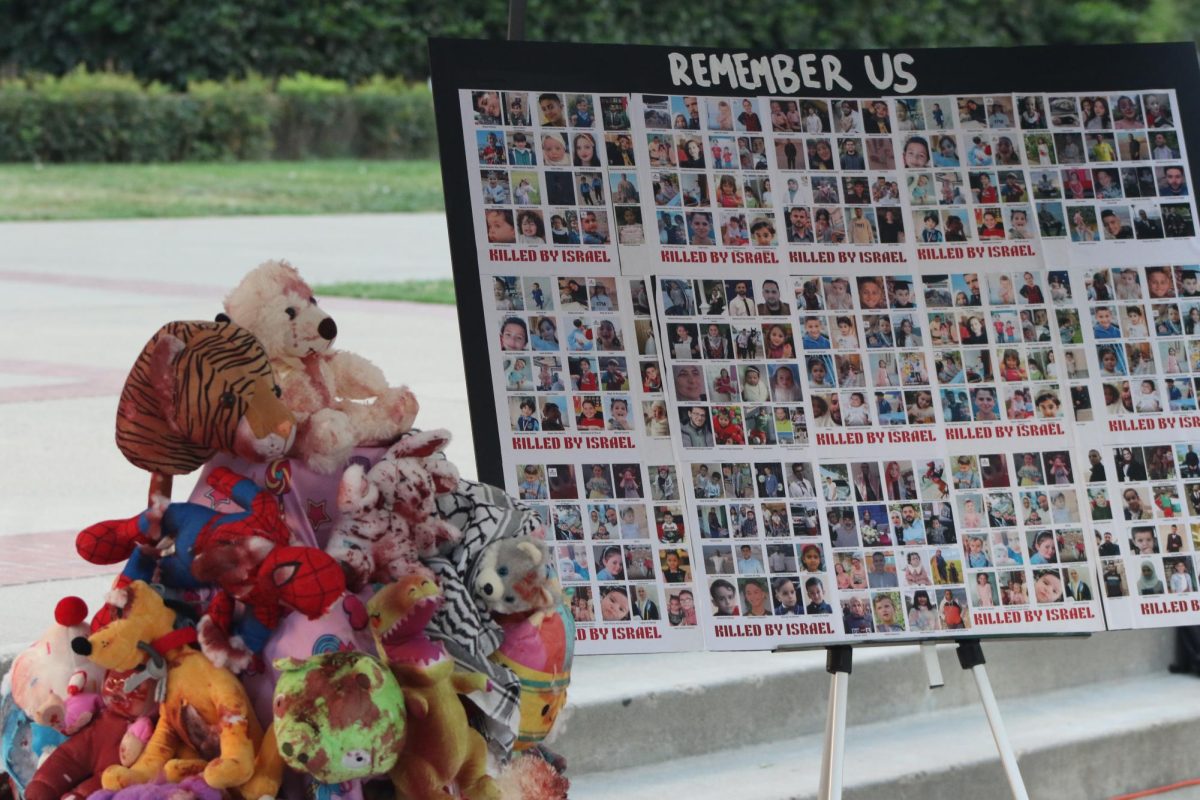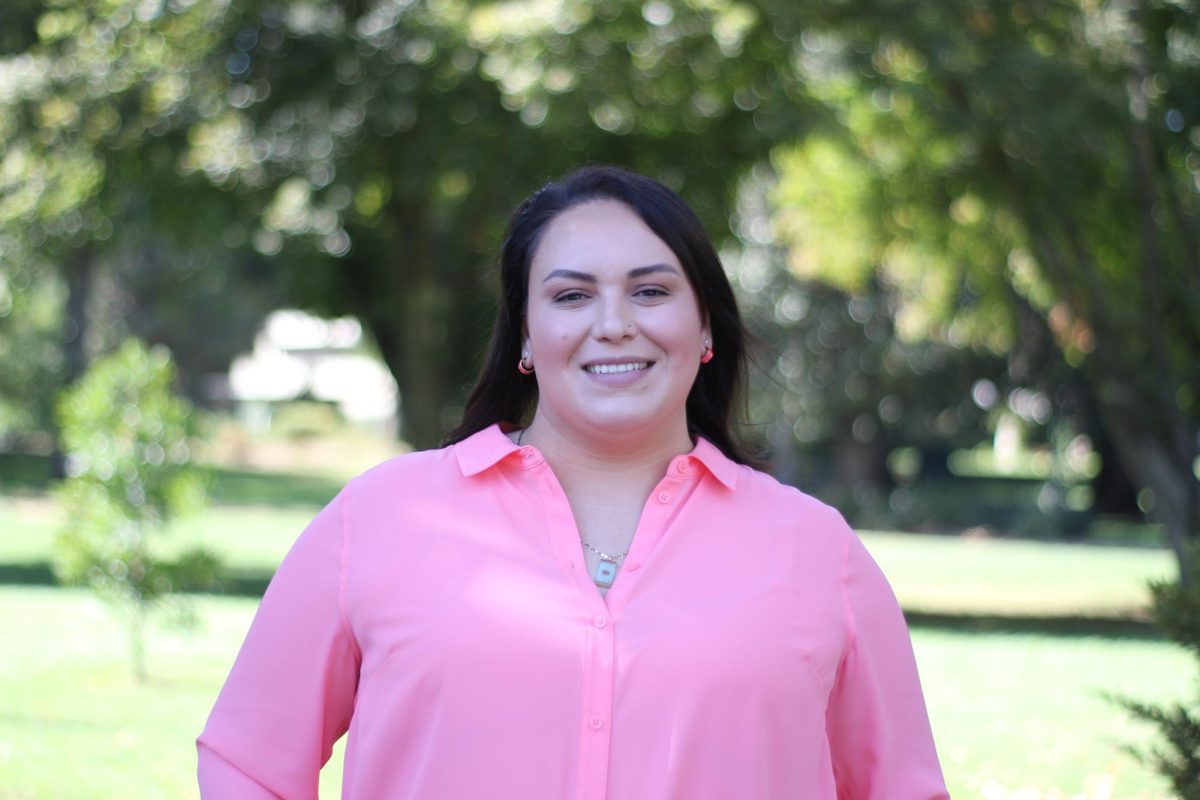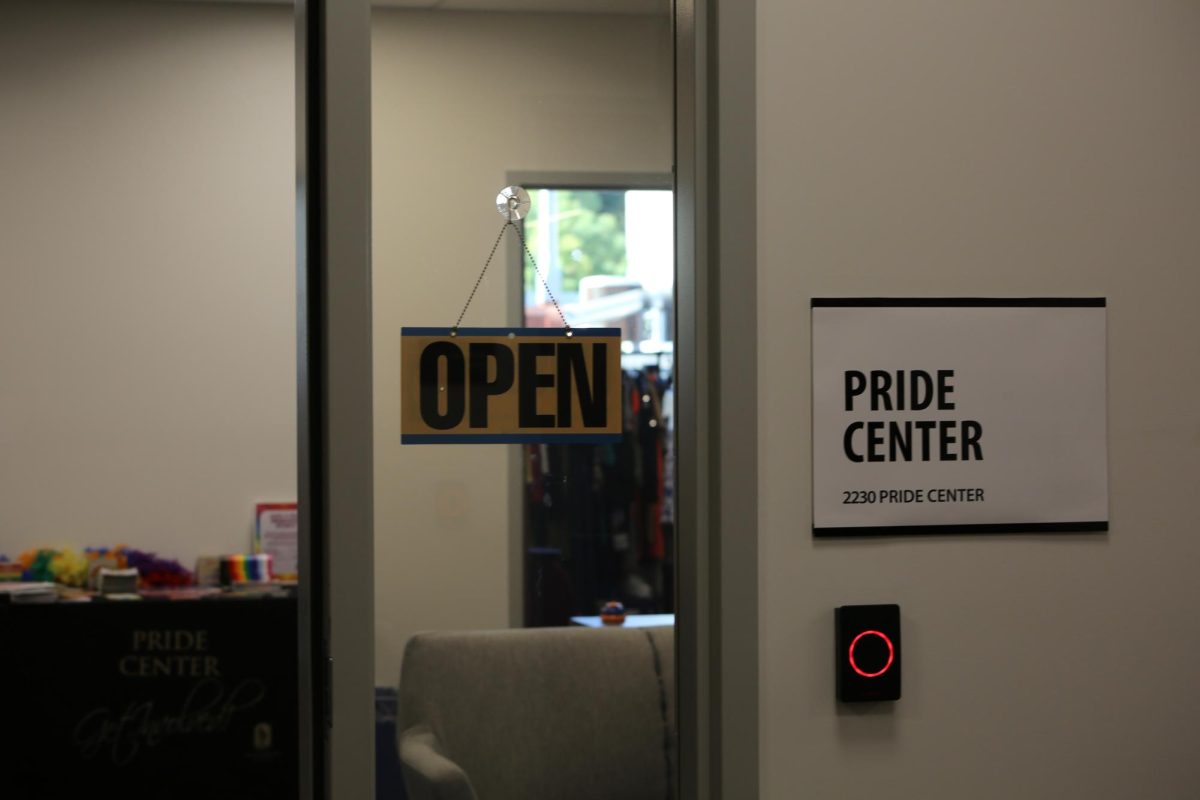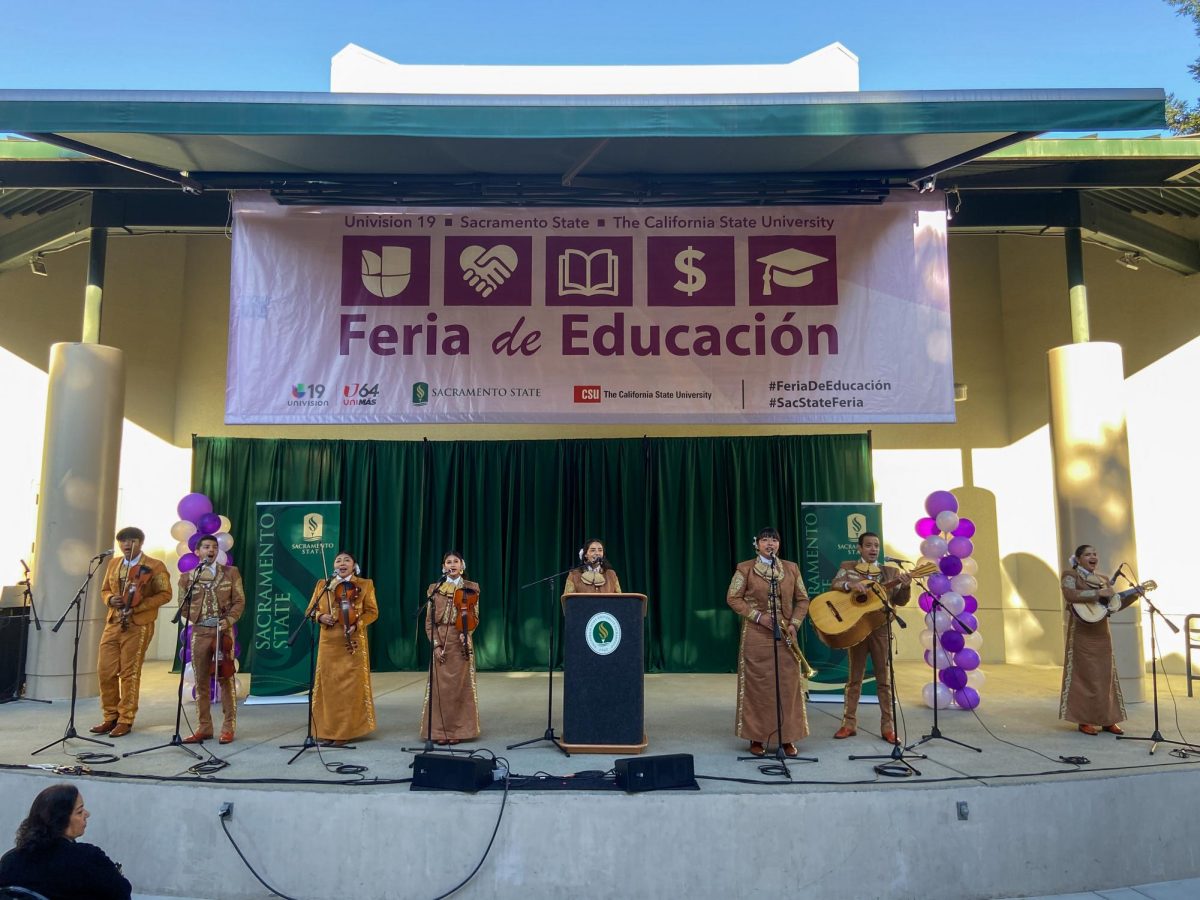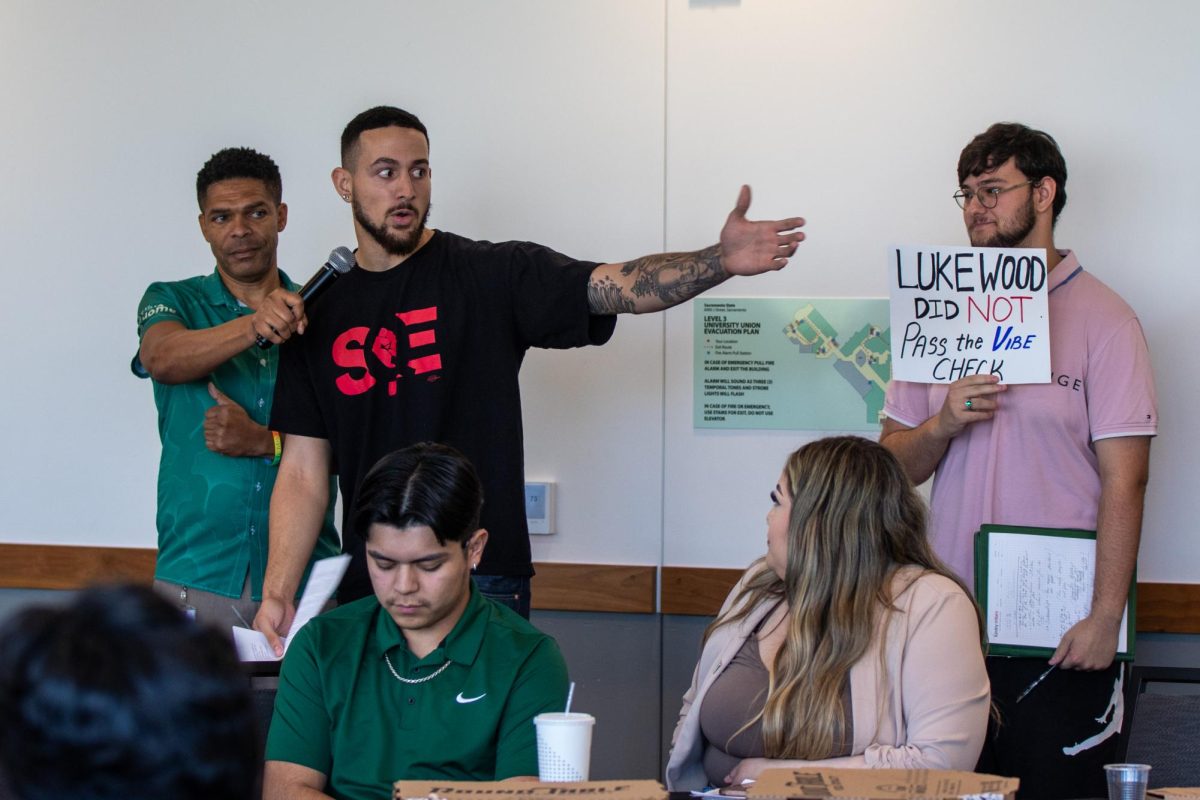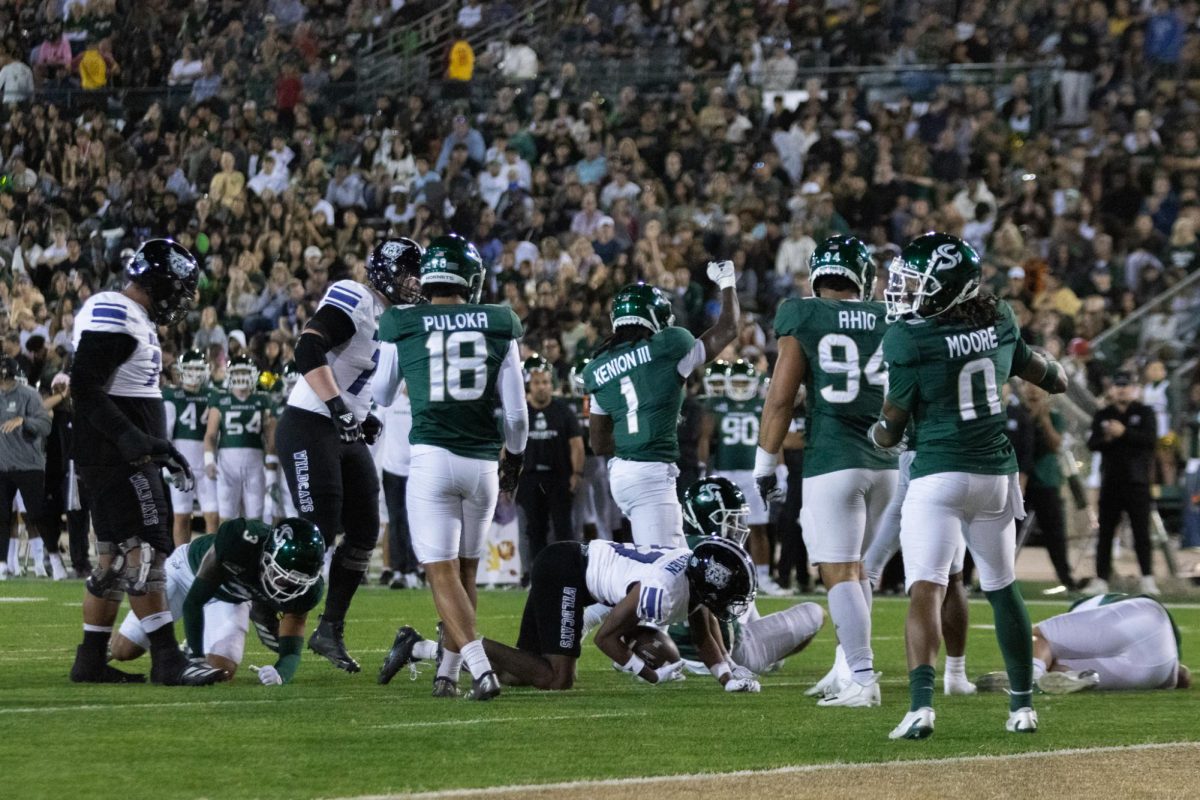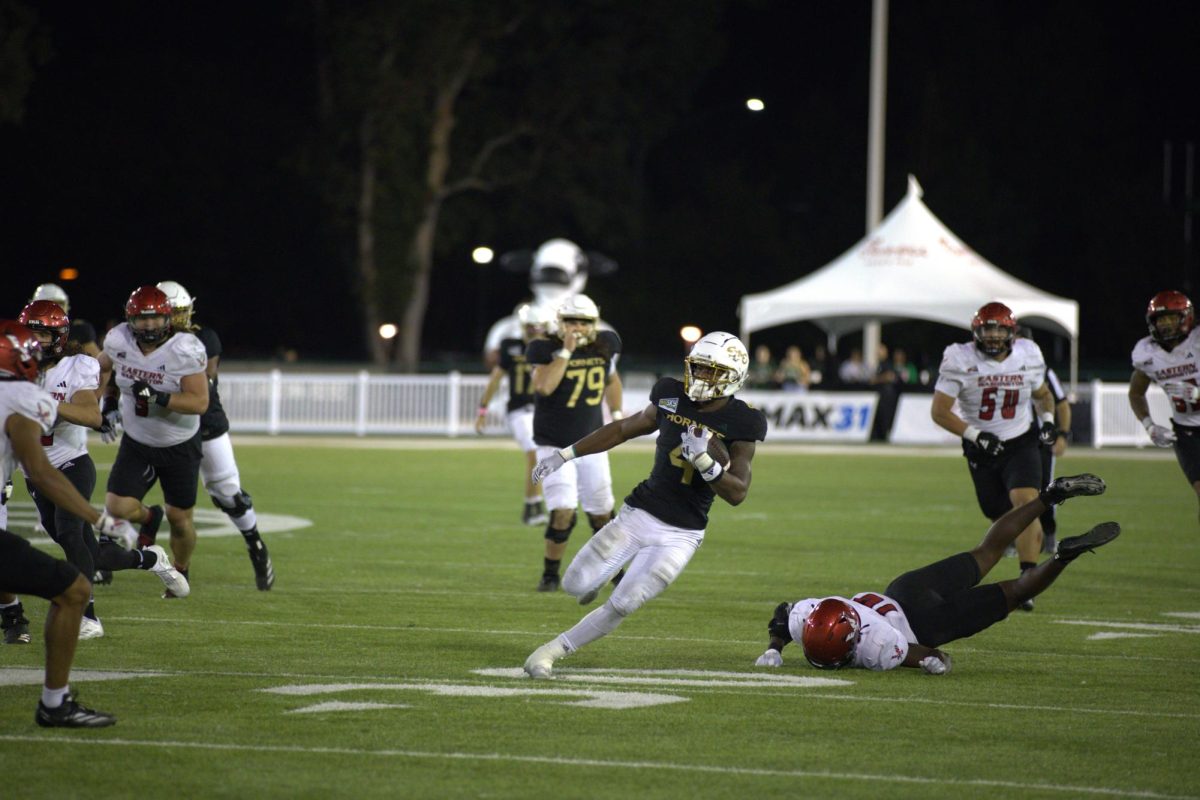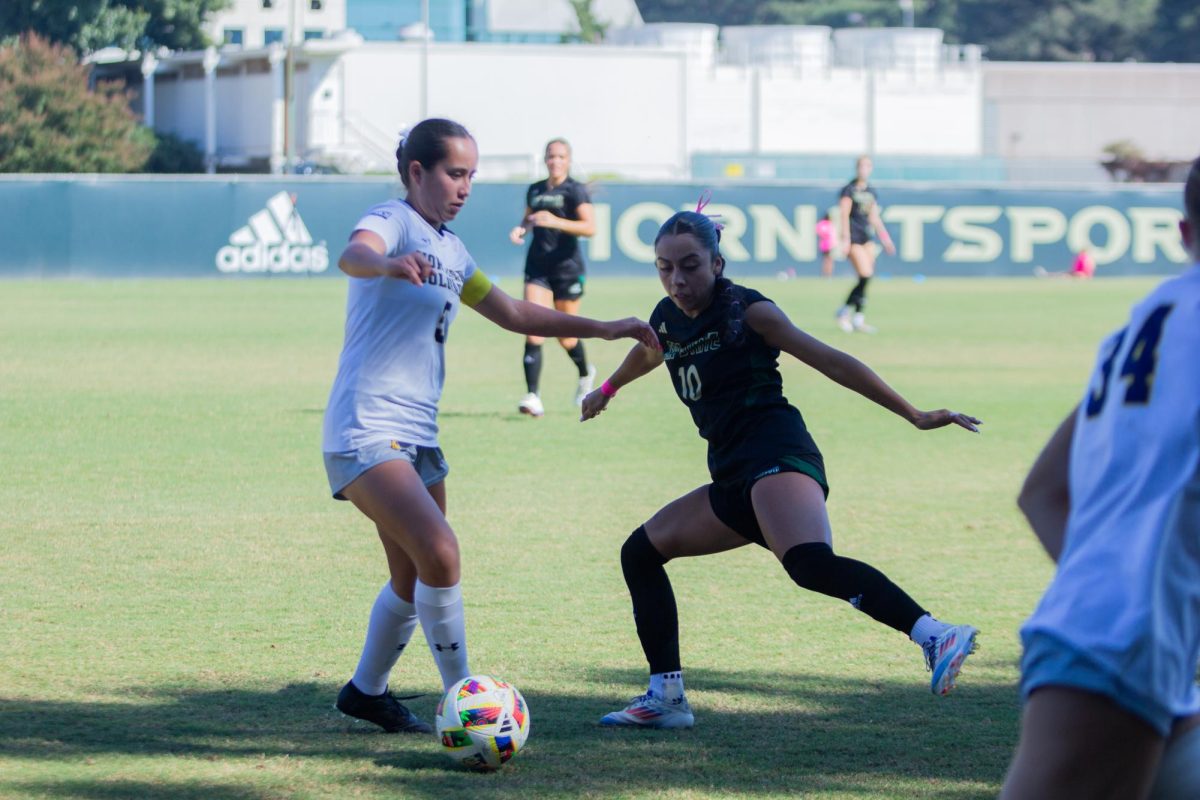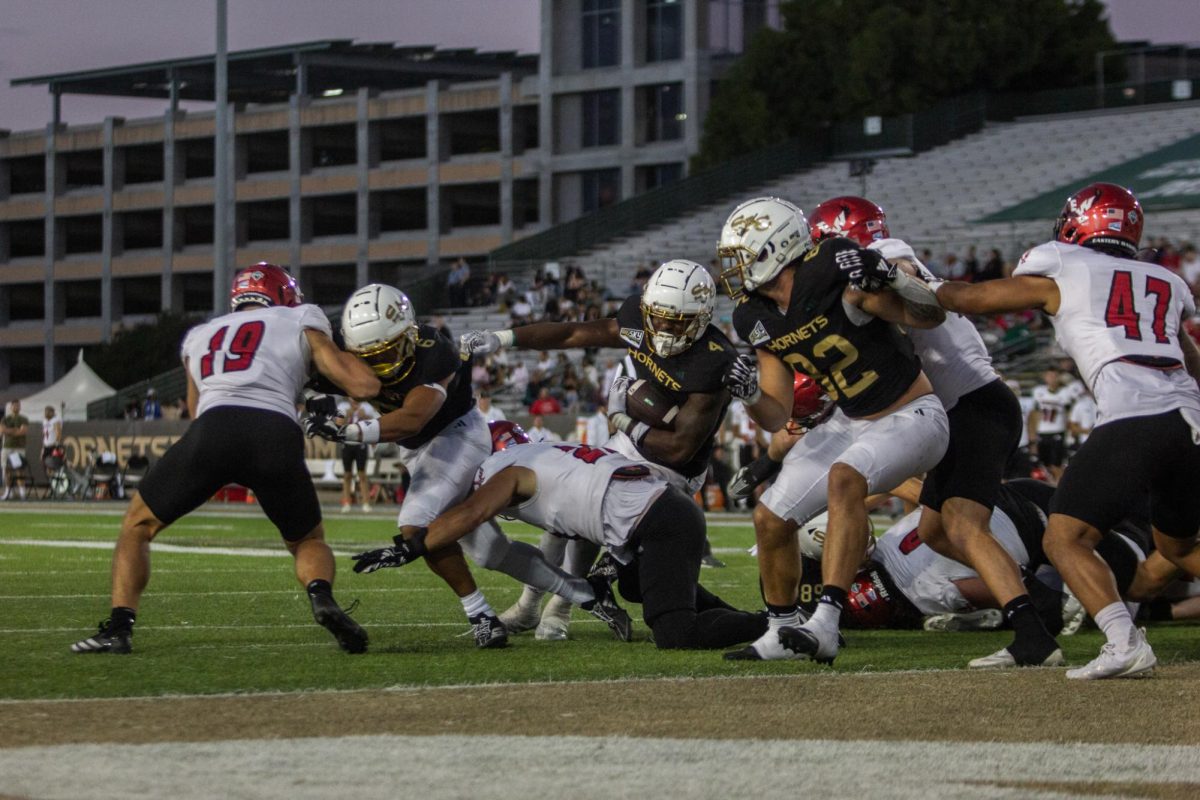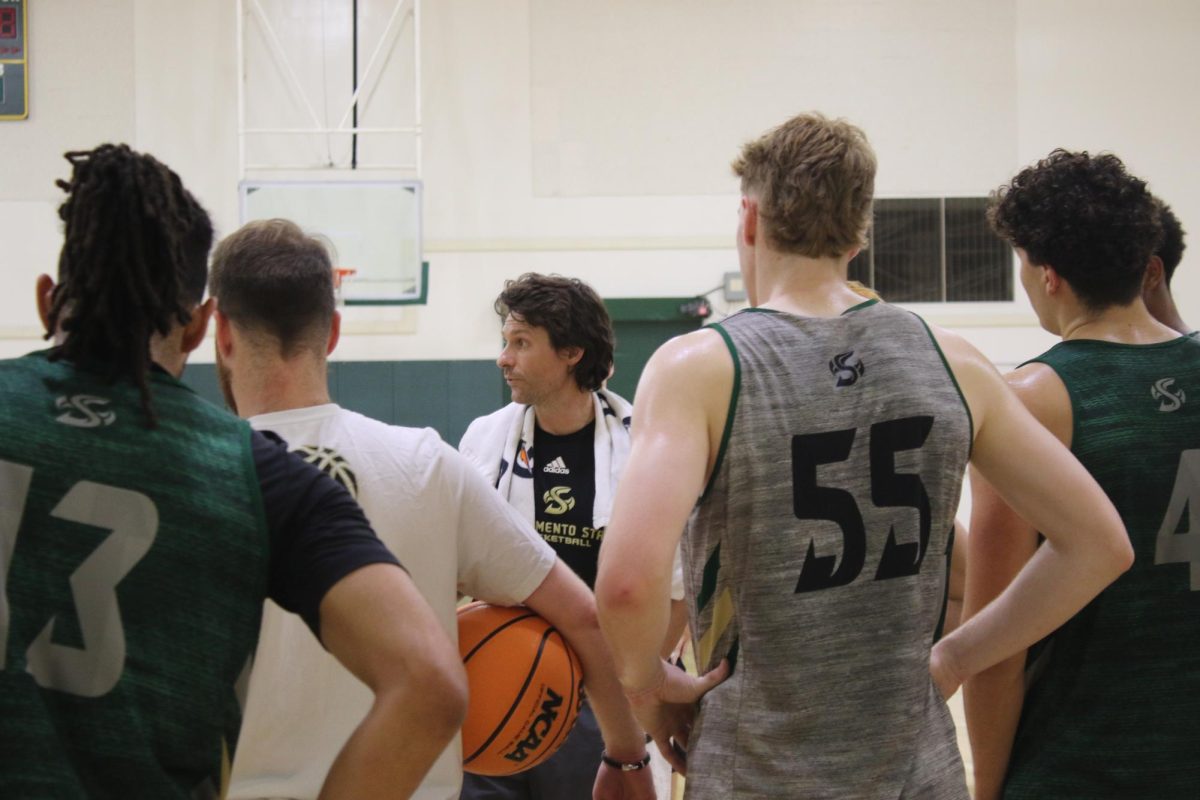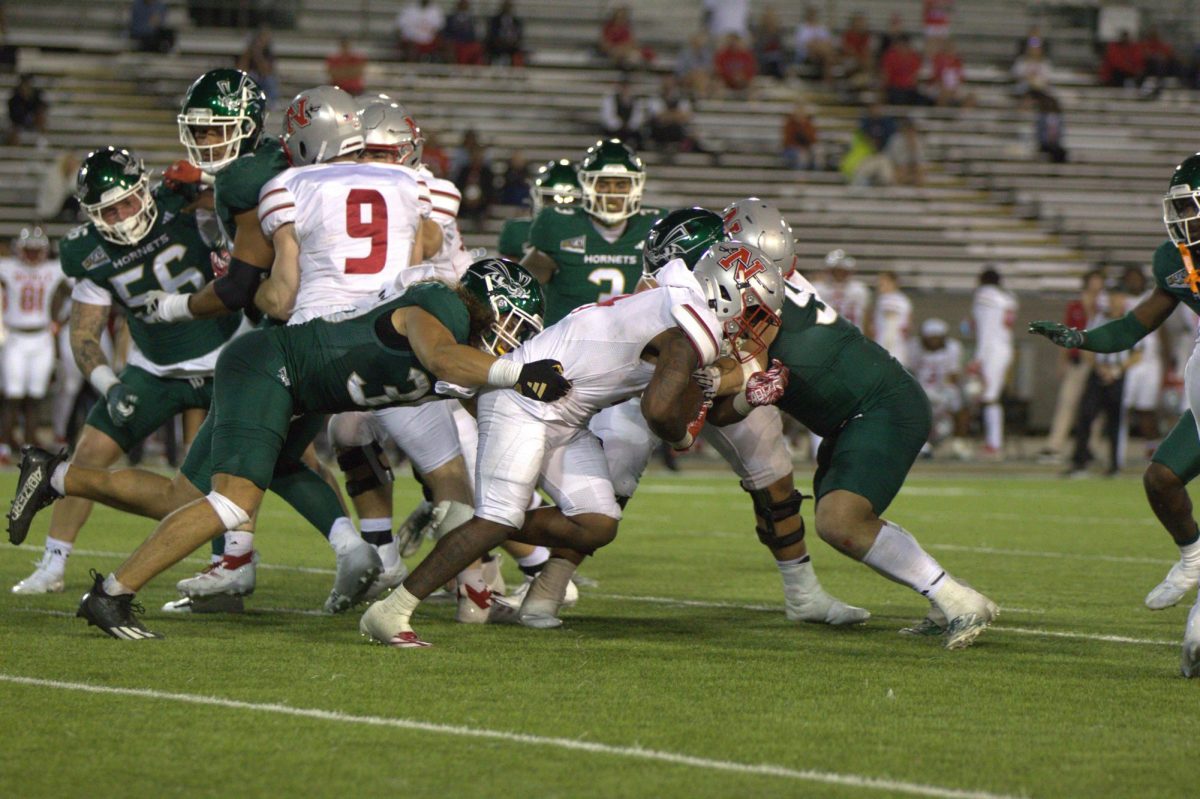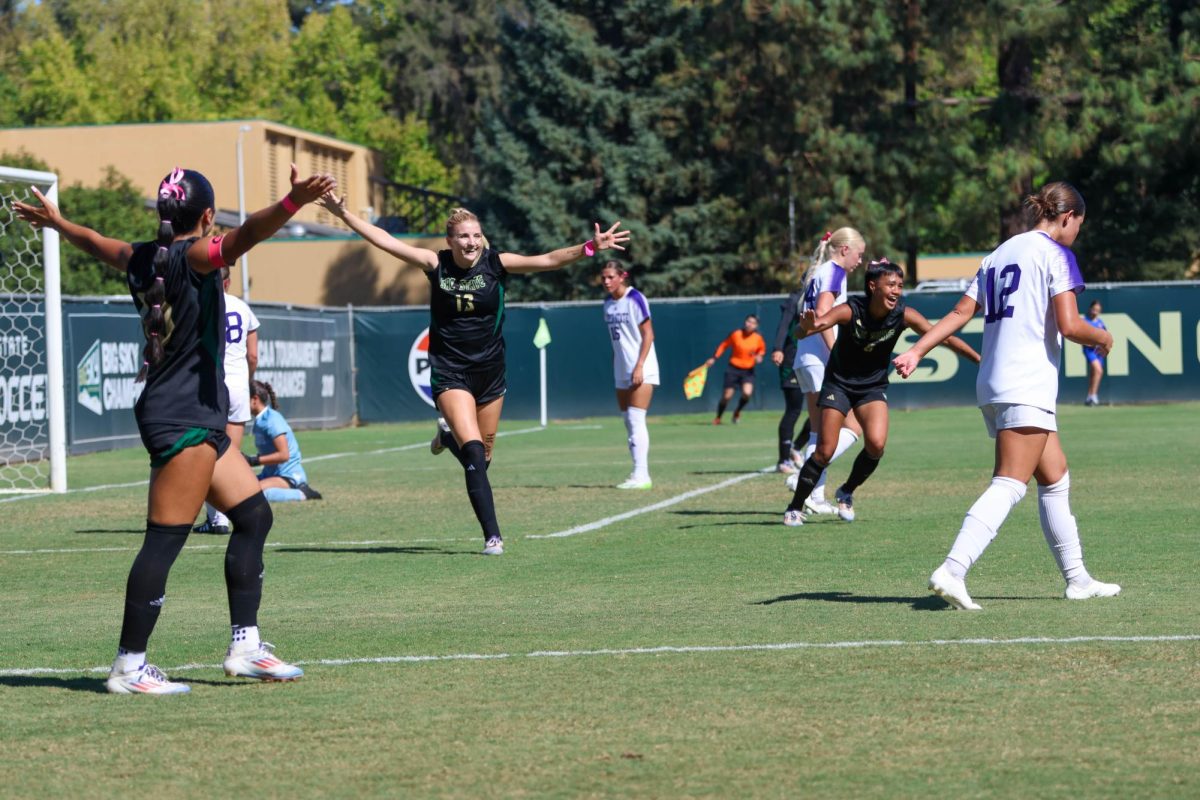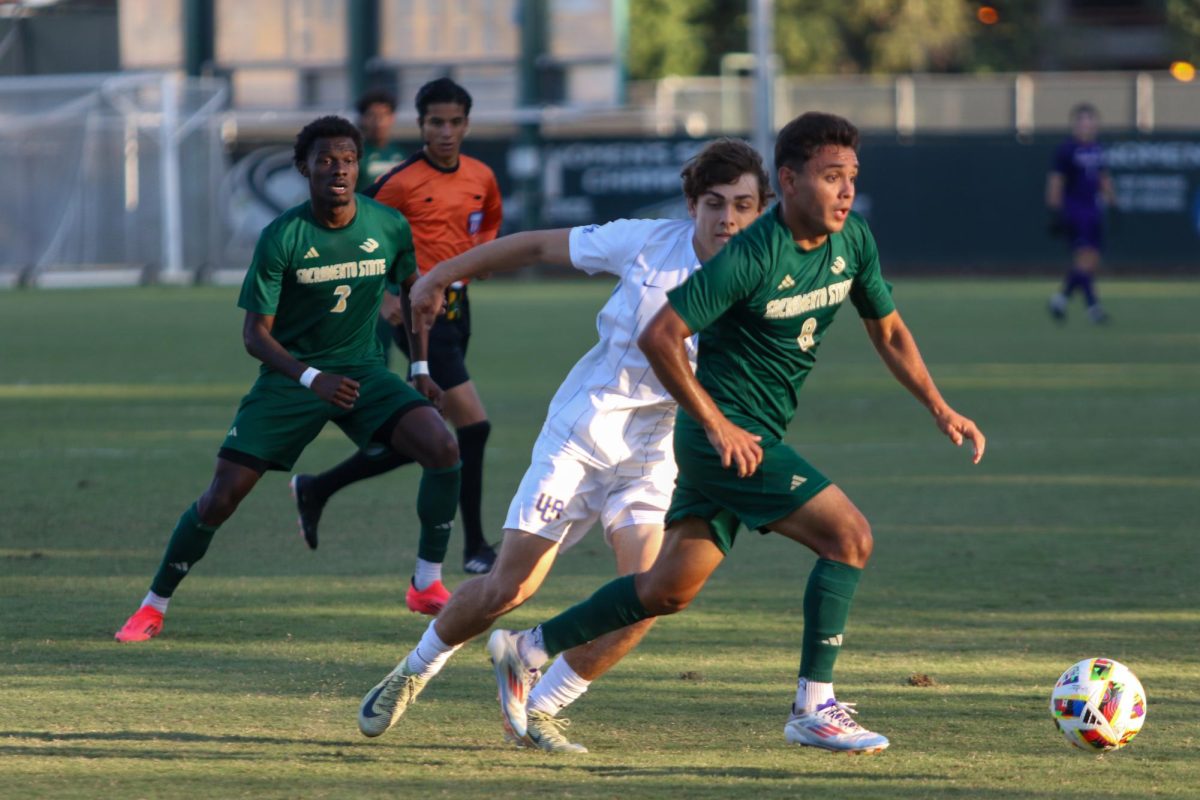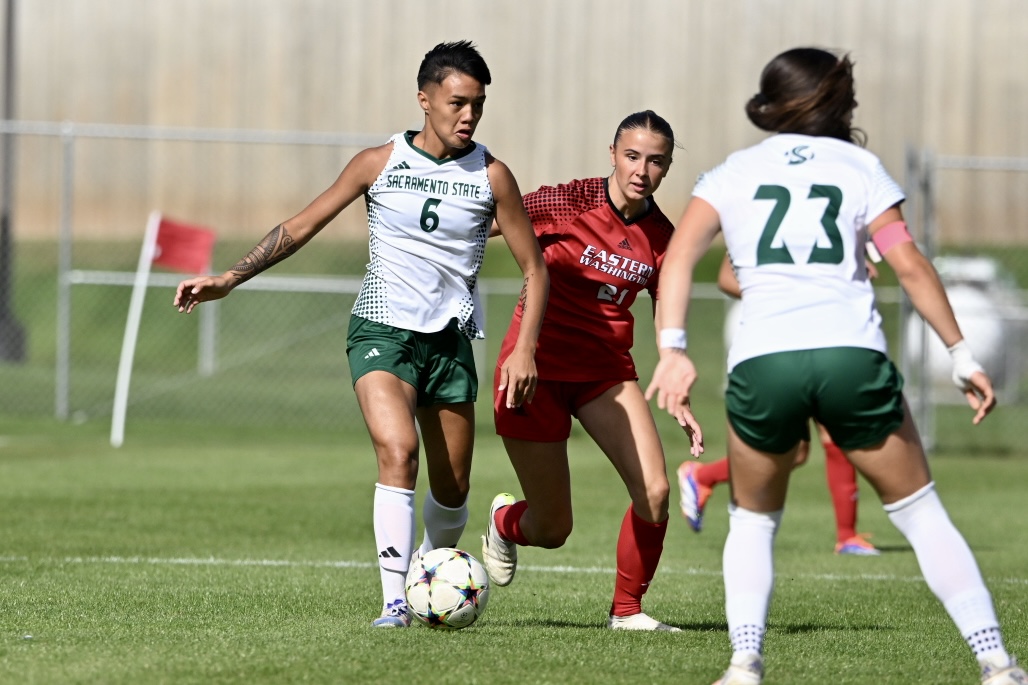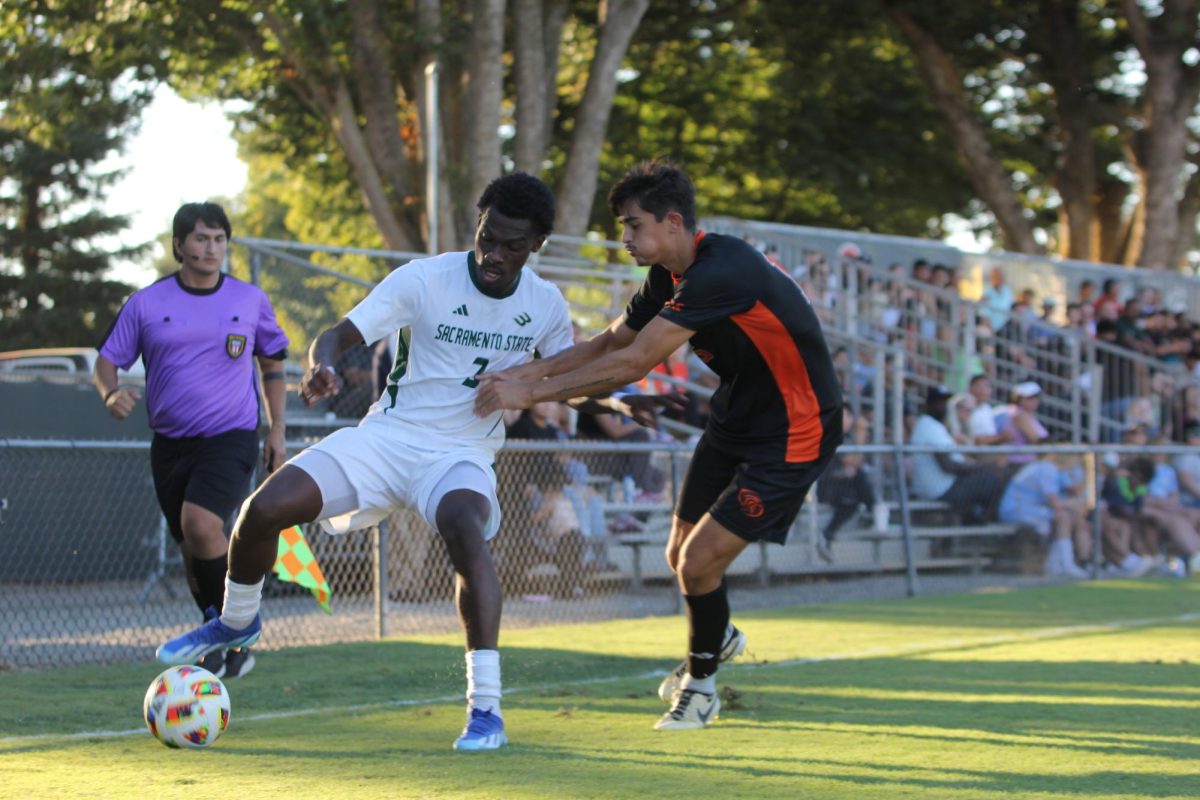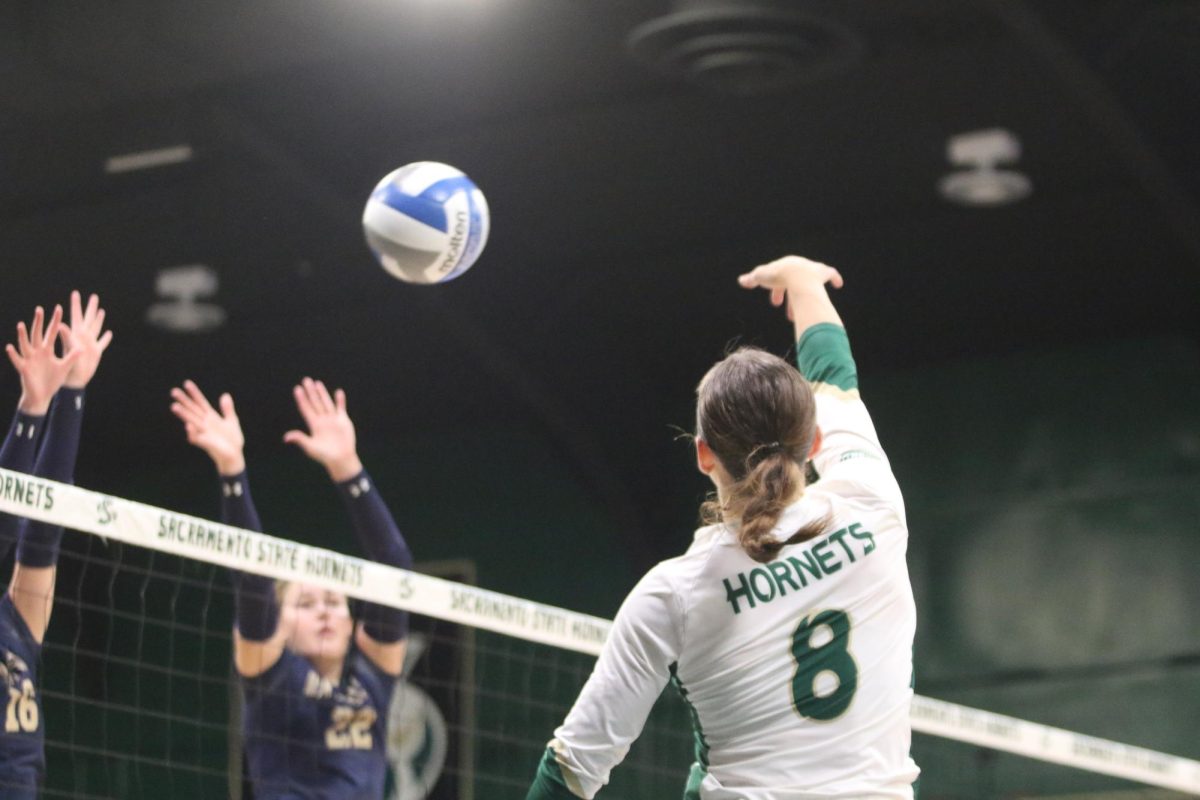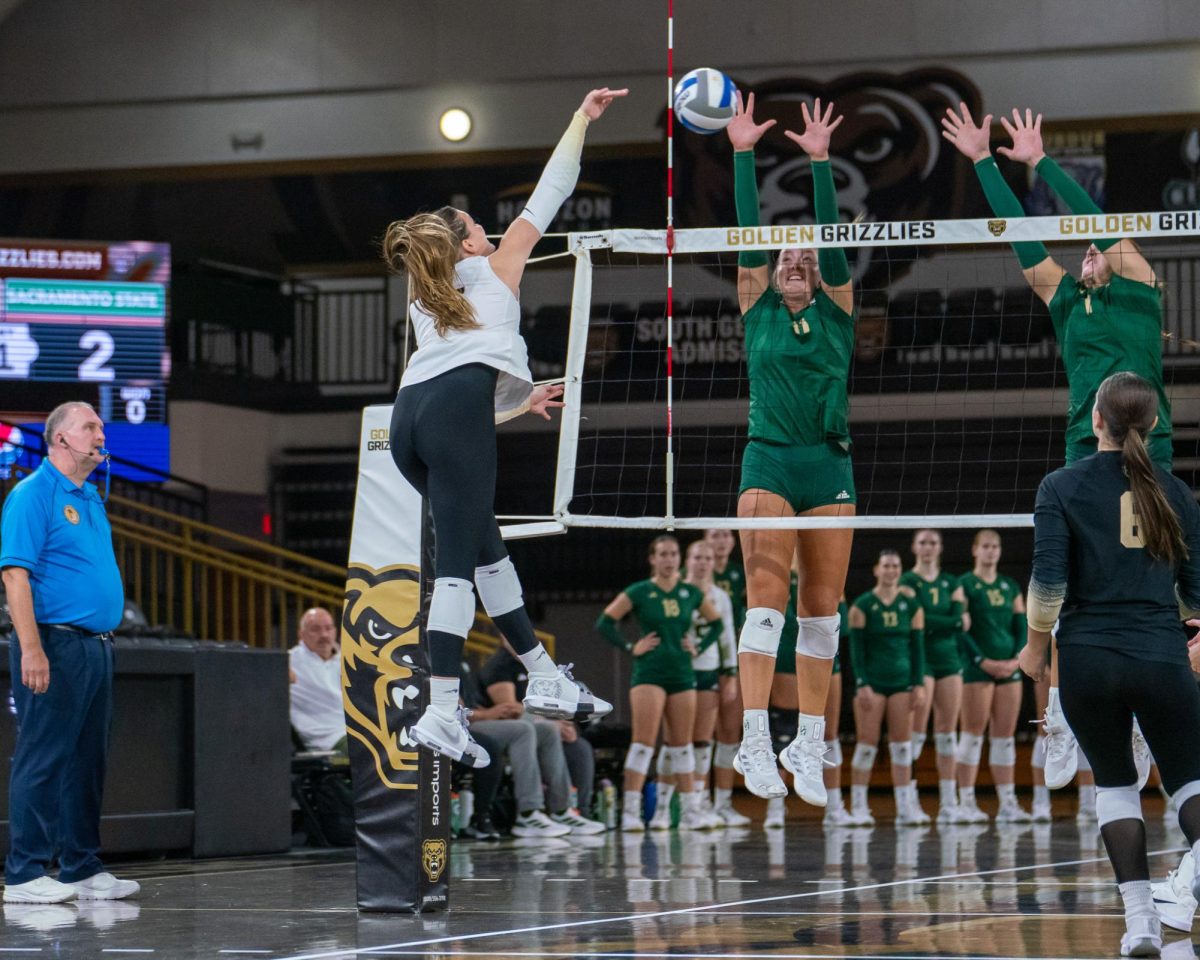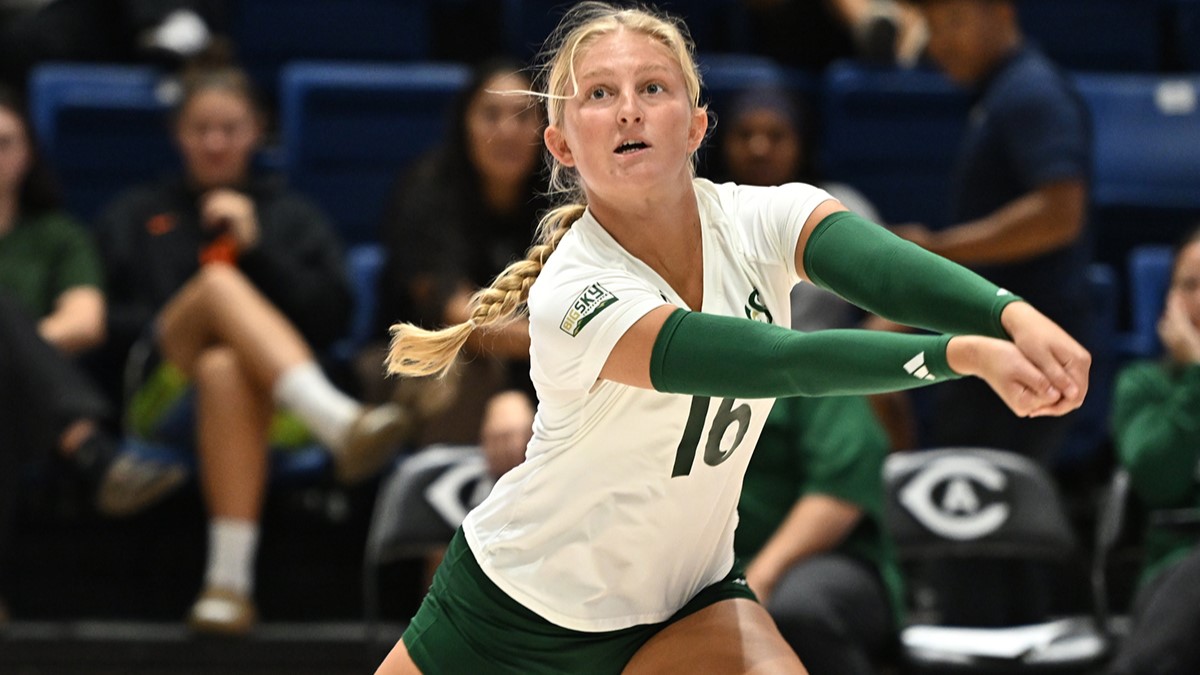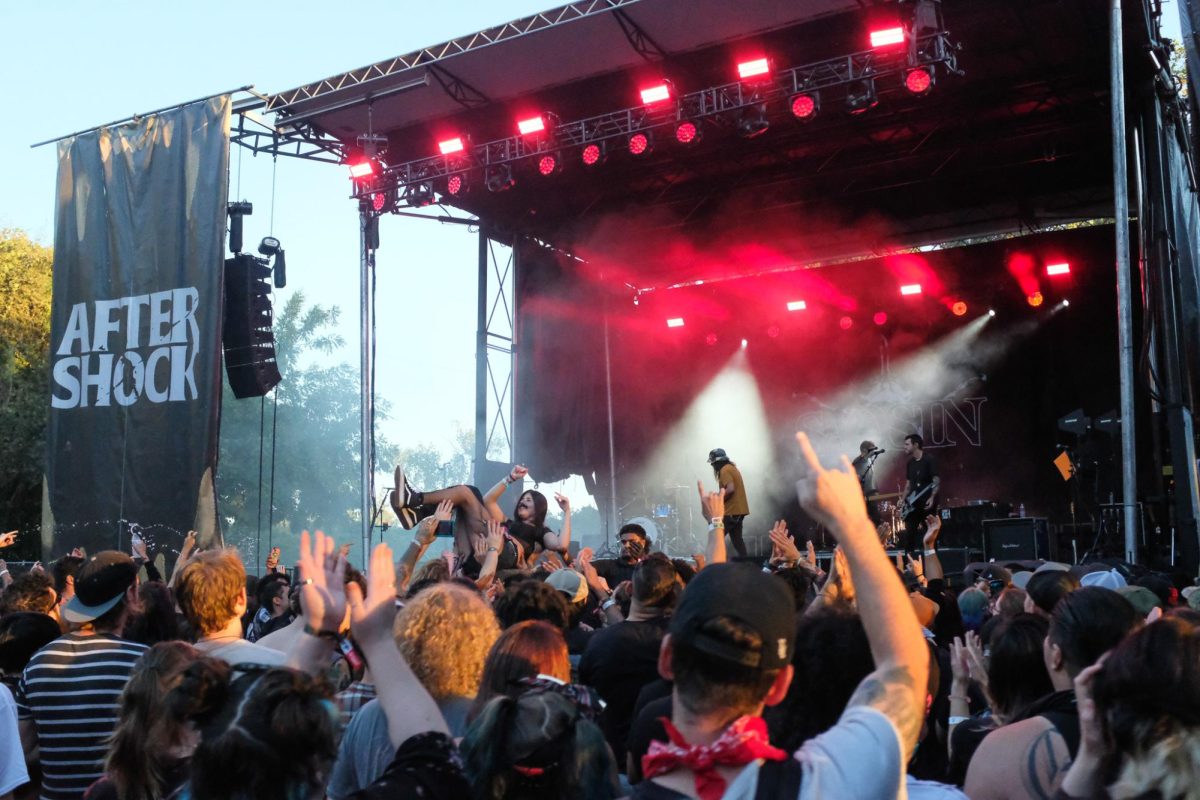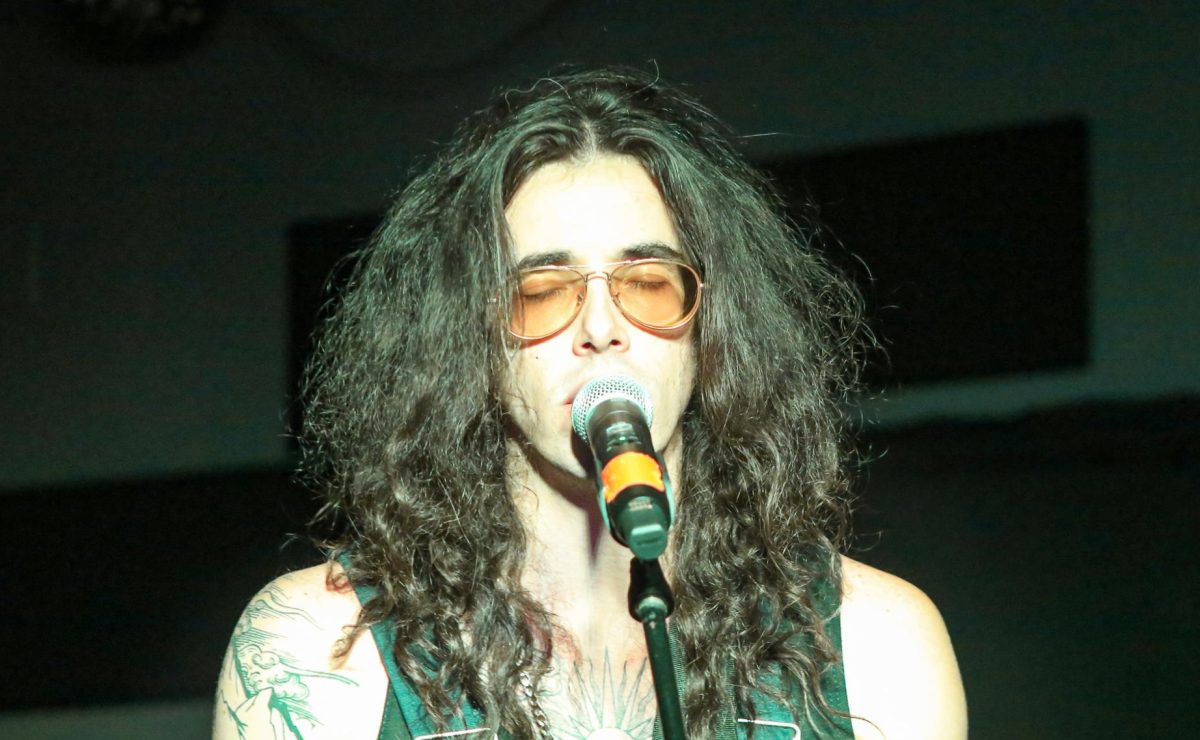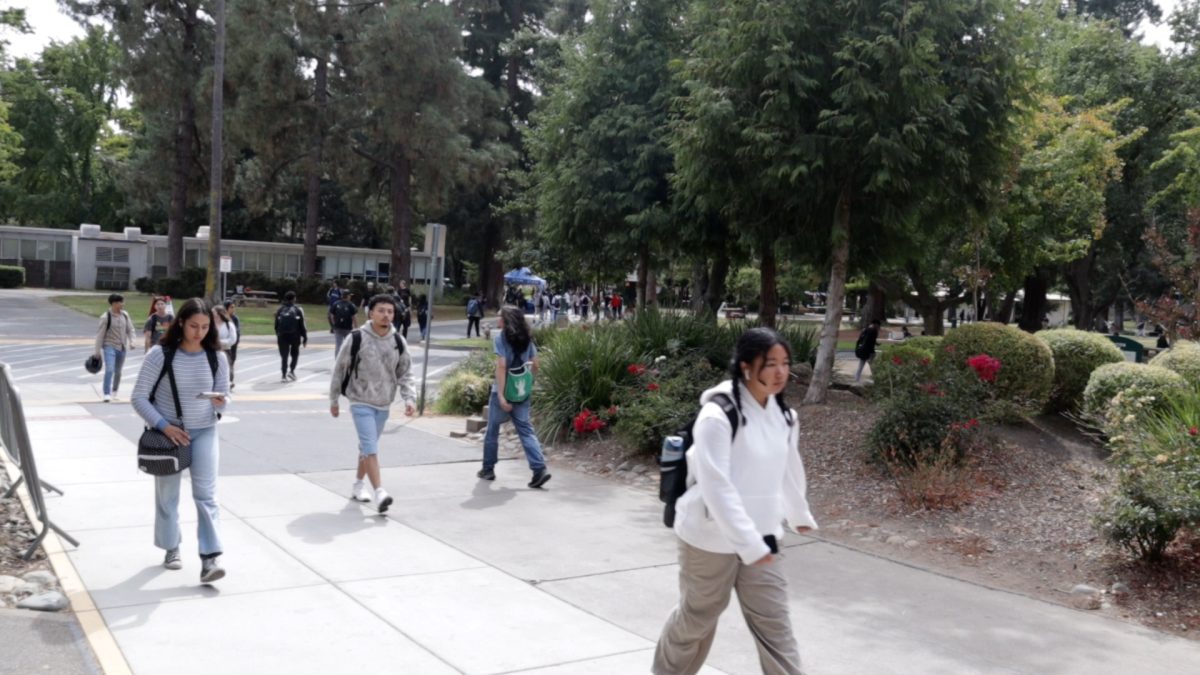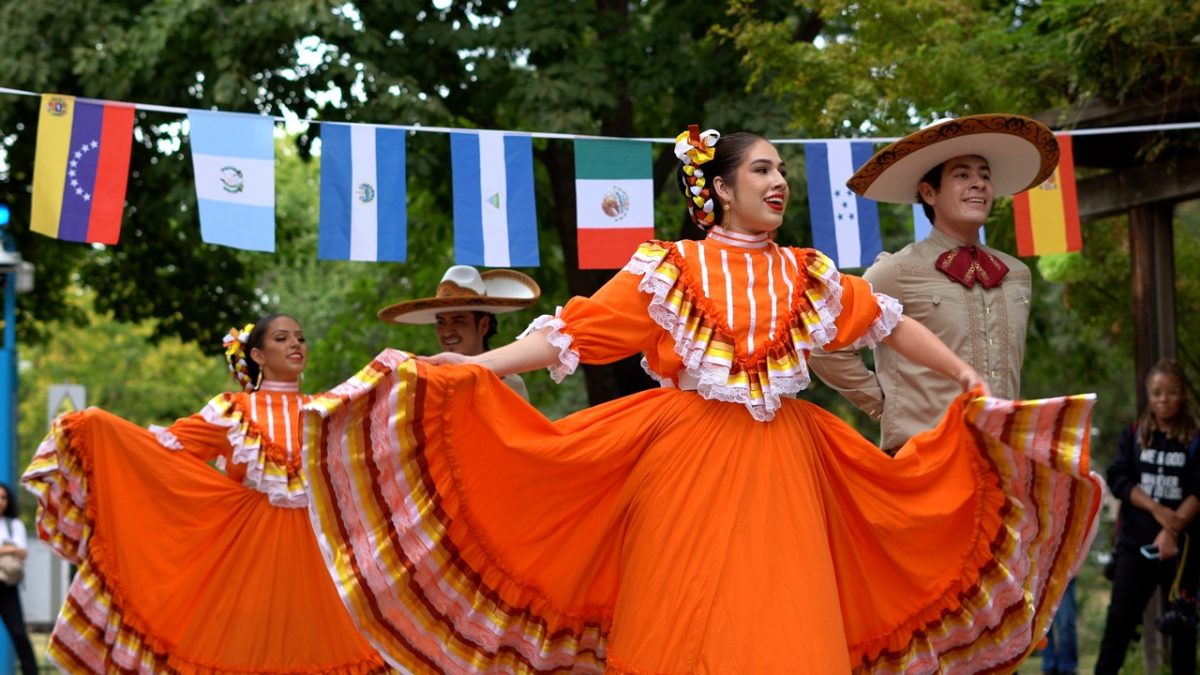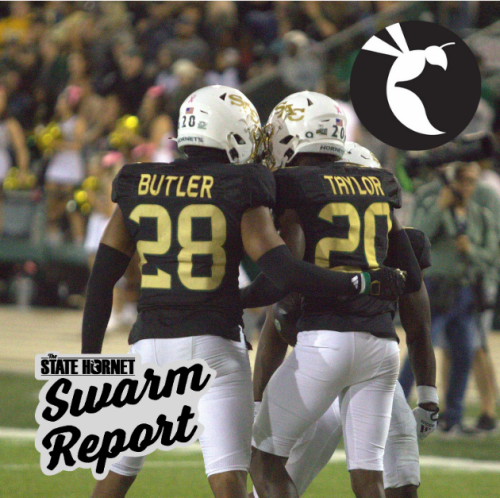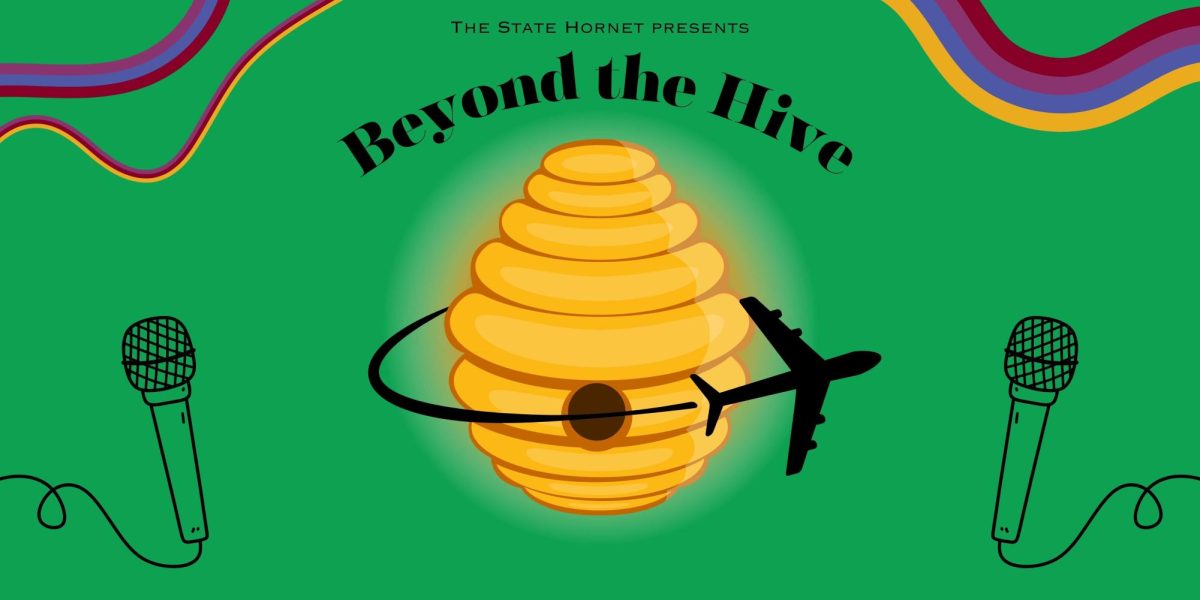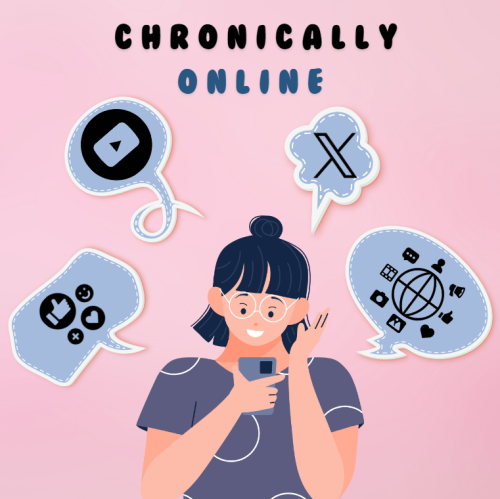My Sister’s House offers help and safety
November 7, 2012
Sacramento State students volunteered their time and energy to support My Sister’s House, a private nonprofit organization that serves the needs of Asian and Pacific Islander women impacted by domestic violence.
My Sister’s House provides services outreach to survivors of domestic violence and human trafficking, and educates about the topic to the general public. The organization offers a twenty four seven multilingual helpline, a legal program that helps survivors understand their rights in term such as custody of their children and pressing charges against their abuser.
My Sister’s House is partnered with a program called Women to Work, which puts the survivors of trafficking and abuse back to work.
The director of My Sister’s House, Jessica Heskin, said because of the cultural difference and barrier, domestic violence is not openly discussed.
According to the website for the Collective Action for Non Violence Around Storytelling, two studies showed Asian women tolerate intimate partner violence because they think it was their fault to be mistreated. Since the Asian culture expects the women to be obedient to their husbands, the women have to deal with the violence and create a flawless public image in order to be accepted by the community.
One of the many ways students helped with My Sister’s House was to participate at the ninth annual “Run for a Safe Haven” on Oct. 27.
Nursing senior Shalni Kumar said she has been volunteering for My Sister’s House for two years because she thinks the program is helpful for Asian and Pacific Islander women who are victims of violence and human trafficking. As a volunteer, she helps get the word out about the cause by informing other students about it, especially if they know someone who is being hurt by their partner.
“I think their mission statement is excellent and the fact that they are able to come out in the community and basically raise awareness for the Asian (and) Pacific Islander community,” Kumar said. “It’s a great cause and students at Sac State or students in general should get more involved with the community to increase their knowledge of what’s going on.”
Heskin shared some insight into the cultural aspects of domestic abuse within these two cultures.
“Women raised in these cultures have a difficult time calling out for help because they are taught they have to obey their husbands,” Heskin said. “Therefore, they don’t get the help they need and are likely to risk their lives to stay with the abuser.”
Candice Gniech, a senior nursing major, said she knows about domestic abuse within these two cultures.
“Even a couple years ago, people didn’t talk about domestic abuse within the Pacific Islander and Asian communities,” Gniech said.
Senior nursing student Jennifer Crittendon, who attended the “Run for a Safe Haven” said she believes in what this organization stands for.
Crittendon said she started donating clothes to My Sister’s House four months ago because she loves how they distribute everything directly within the organization to the women and children in need of them.
Some of the students who were working for the Health and Wellness booth gave advice about how to help someone you know who may be being abused by their partner.
“I would let her know there are resources out there,” senior nursing major Alex Chu said. “For instance, Jessica Heskin is a woman on campus who works in The Well that knows about cultural differences and organizations that could help a student.”
Chu also added what not to say to a victim confiding in her about abuse.
“I would never tell someone I know exactly what you’re going through, because I don’t,” Chu said.
Although My Sister’s house offers help to women, Kumar said men who are in an abusive relationship can also educate themselves to prevent being violent to their partners.
“Men can help in regards to domestic violence as well by educating themselves and others on what domestic violence is in general and helping others recognize what a health relationship consists of,” Kumar said. “Many people that grew up around that domestic violence environment think that they are supposed to treat their significant other that way. Those people need to see what a healthy relationship looks like. That will create awareness.”



